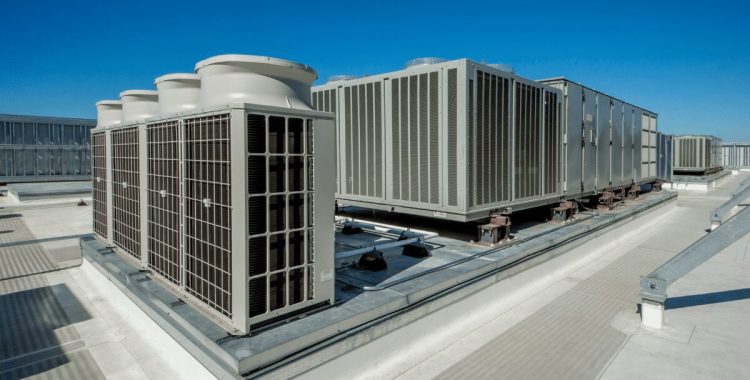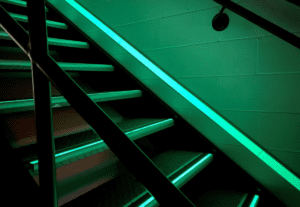While the purpose of a residential and commercial HVAC system is the same – heating, ventilating, and cooling — their components and mechanisms vary drastically. Addressing the maintenance needs of a home system differs vastly compared to ones in commercial building. Keeping the differences in mind is important when it comes to thinking about maintenance, repairs, and what types of preventative maintenance programs are right for you.
Commercial HVAC vs Residential – Size
Residential HVAC units are much smaller than commercial HVAC systems, relevant to the size of the area they regulate temperatures for. Commercial systems have more complex components when it comes to thermostats, condenser fans, compressors, evaporators, blowers, and dampers. Since both systems are required to cater to different needs in different areas, their power consumption also differs greatly.


Commercial HVAC vs Residential – Placement
Residential HVAC units are typically placed in the backyard or the sides of the home, whereas a commercial HVAC units are often place roof of the building for the following reasons:
- Saves space
- Avoids noise pollution in the building
- Easily accessible
- Business isn’t disrupted during repairs and maintenance
Commercial HVAC vs Residential – System Mechanics
Typically, residential HVAC systems are split systems where a portion of the components are indoors with an outdoor unit. Commercial HVAC systems are designed to be more flexible so they can be adapted to meet the varying needs of the building. Most commercial units have a modular architecture allowing the user to increase or decrease their size and outputs as needed. At any time, components can be added or taken away to increase cooling and heating capacity in the building.
Commercial HVAC vs Residential – Drainage
Residential HVAC drainage systems can be compact units that are confined in a small area, with a single drain pan connected to a simple hose. With the size and output of a commercial system, they typically have multiple pipes and drain pans to facilitate the higher volumes of moisture collected from the indoor air, which requires extra space to be able to accommodate their size and extra components.
Commercial HVAC vs Residential -Maintenance Cost
The level of maintenance required for a residential HVAC system compared to a commercial system is significantly lower. At a minimum, it is recommended that residential systems are inspected and serviced prior to the winter and summer seasons. This is essential to ensure performance, and efficiency, and to keep costs of energy bills low. Commercial HVAC units are more complex and require regular and more frequent maintenance along with monitoring to maintain efficiency.
The best way to keep your commercial HVAC system running smoothly is to have a preventative maintenance program in place. Contact us for a free estimate today!






